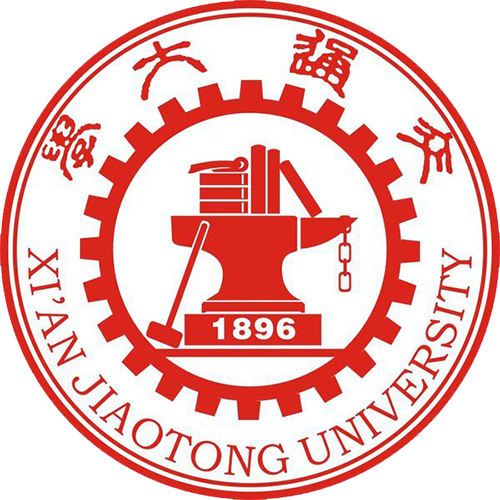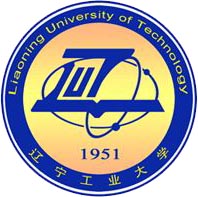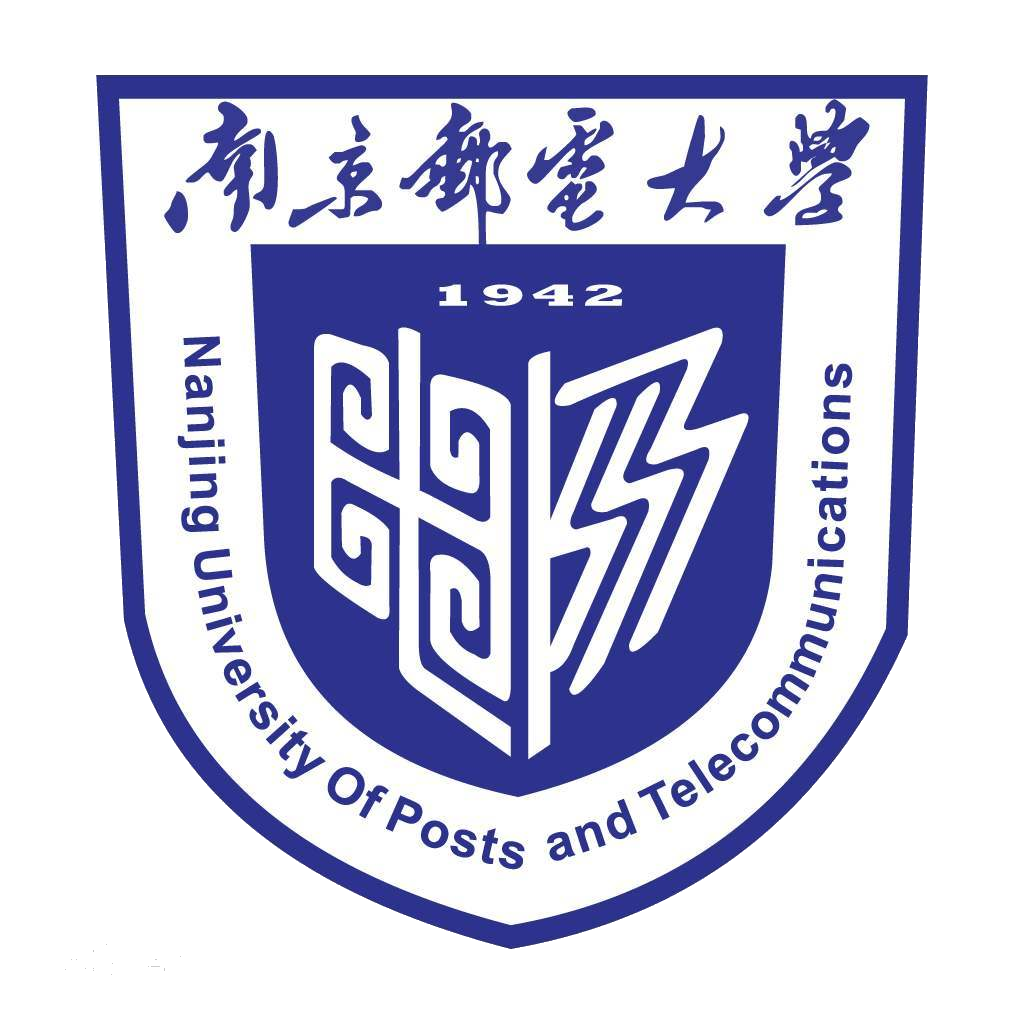
 Introduction
IntroductionFounded in Shanghai in 1896 as Nanyang Public, XJTU was renamed and relocated to Xi’an in 1956. It is one of the China's oldest institutions of higher learning and is under the direct jurisdiction of the Ministry of Education (MOE) in China. Xi'an Jiaotong University has extensive ties to the world of international scholarship and research. In addition, there are currently 1020 foreign students from 51 countries studying at XJTU.
 About the Program
About the ProgramIntroduction This programme offers students a thorough grounding in electrical and electronic engineering. Students will learn to operate at the cutting edge of emerging technologies. What knowledge and skills will I acquire? By the time you graduate, you should: 1. have extensive experience in modelling and analytical methods 2. be able to use IT tools and CAD systems for modelling, analysis, simulation and design 3. be able to design a system, component or process based on initial requirements and constraints What are my career prospects? With a worldwide shortage of graduates in this field, the programme is directed at all career opportunities within the general domain of Electronic Engineering. Given the strong focus on Micro-Electronics, graduates will be particularly well equipped for employment in the micro-electronics industry. The programme will also provide a sound basis for further studies at Master and PhD level in Electronics. What will I study? At level 1, you will acquire fundamental knowledge and practical skills, through the study of modules in: 1. electronic circuits – transistors and amplifiers 2. C and C++ programming and software engineering 3. engineering mathematics 4. electromagnetism and drives 5. digital electronics 6. integrated electronics and design At level 2, you will build on this foundation and learn about: 1. continuous and discrete time signals and systems 2. CMOS Integrated Circuits 3. microprocessor systems 4. communications principles 5. instrumentation 6. RF engineering and applied electromagnetics 7. energy conversion and power systems 8. control systems In your final year, you will undertake a substantial research project, spanning both semesters.
You will also learn about: 1. analogue and digital communications 2. digital design with HDL 3. signal processing 4. electronics for instrumentation 5. embedded computer systems 6. digital filtering 7. optoelectronics and photonics
 About Xi'an Jiaotong University
About Xi'an Jiaotong University Accommodation
Accommodation|
Our university has two dormitory building for international students. There are four types of rooms: Single room (A), Double room (A), Single room (B), Double room (B).
(2) Medicine Campus:
|
||||||||||||||||||||||||||||||||||||||||||||||||||||||||||||||||
Food
There are 16 main canteens in the campus, including most kinds of food in China. International students can dine at various canteens. There is a canteen on the 4th floor of international student building. It’s much convenience for international students dine there. There also have some special canteen, for example, noodle house, Muslim canteen, and food of Taiwan kind—MingJi canteen.
You need buy a meal card and charge it. The average cost for each meal is about RMB 5.
Board Fee
RMB 3000—6000 /year
 Fees
Fees Admissions Process
Admissions Process  Entry Requirements
Entry RequirementsThe University accepts a wide variety of school, college and foundation qualifications such as A-Level, AS-Level, IB and other equivalent overseas qualifications. All students must have acceptable English language qualifications to study at the University. Various English qualifications are acceptable including:
IELTS: 5.5 for year 1 entry , or 6.5 for advanced standing; or
TOEFL 520 (paper-based), or 190 (computer-based) or 75 (iBT) for year 1 entry; or
TOEFL 570 (paper-based), or 230 (computer-based) or 88 (iBT) for advanced standing.
English Language Requirements:
All students must have acceptable English language qualifications to study at the University. Various English qualifications are acceptable including:
IELTS 5.5 for year 1 entry , or 6.5 for advanced standing; or
TOEFL 520 (paper-based), or 190 (computer-based) or 75 (iBT) for year 1 entry; or
TOEFL 570 (paper-based), or 230 (computer-based) or 88 (iBT) for advanced standing, or
XJTLU English test.
 Application Materials
Application Materials Reviews
Reviews Scholarship
Scholarship
Liaoning University Of Technology
Tuition
Start Date

Changchun University of Science and Technology
Tuition
Start Date

Nanjing University of Posts and Telecommunications
Tuition
Start Date